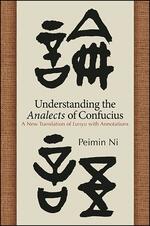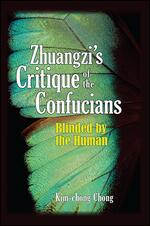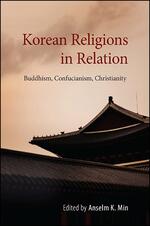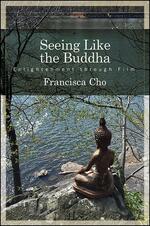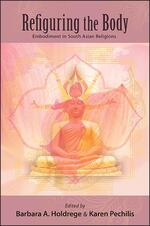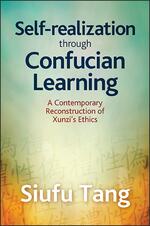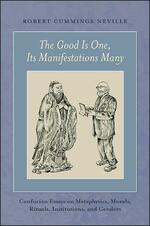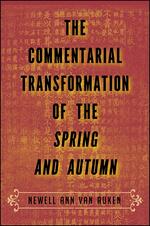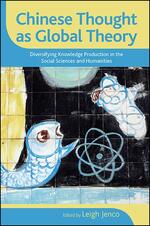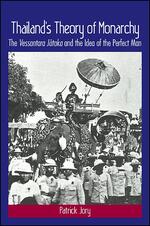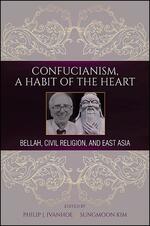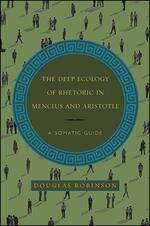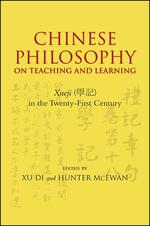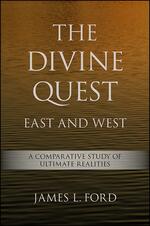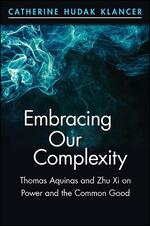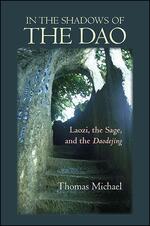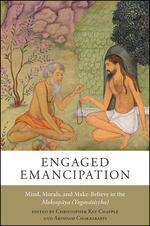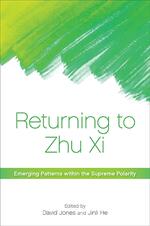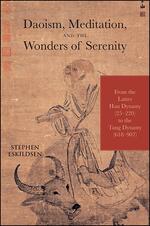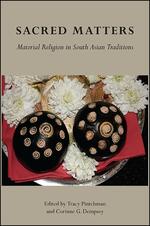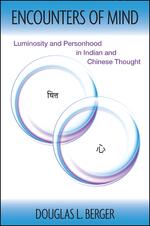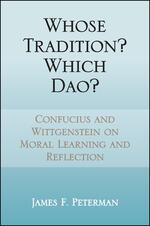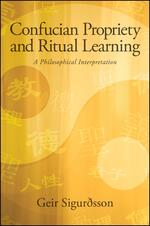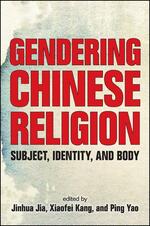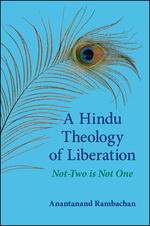Asian Religion and Philosophy
Understanding the Analects of Confucius
A new translation and commentary of the Analects for contemporary audiences.
Zhuangzi's Critique of the Confucians
Looks at the Daoist Zhuangzi's critique of Confucianism.
Korean Religions in Relation
Examines Buddhism, Confucianism, and Christianity in Korea, focusing on their mutual accommodation, exclusion, conflict, and assimilation.
Seeing Like the Buddha
Considers film as a form of Buddhist ritual and contemplative practice.
Refiguring the Body
Examines how embodiment is conceived and experienced in South Asian religions.
Self-Realization through Confucian Learning
Confucian philosopher Xunzi’s moral thought is considered in light of the modern focus on self-realization.
The Good Is One, Its Manifestations Many
Presents a twenty-first-century, progressive, liberal Confucianism.
The Commentarial Transformation of the Spring and Autumn
Shows how the text evolved from a non-narrative historical record into a Confucian classic.
Chinese Thought as Global Theory
Using Chinese thought, explores how non-Western thought can structure generally applicable social and political theory.
Thailand's Theory of Monarchy
Discusses the origins and cultural history of the Theravada Buddhist ideals behind the Thai institution of monarchy.
Confucianism, A Habit of the Heart
Employs Robert Bellah’s notion of civil religion to explore East Asia’s Confucian revival.
The Deep Ecology of Rhetoric in Mencius and Aristotle
Discusses philosophers Mencius and Aristotle as socio-ecological thinkers.
Chinese Philosophy on Teaching and Learning
A translation and discussion of the central Confucian text on education, Xueji (On Teaching and Learning), influential in China from the Han dynasty to the present day.
The Divine Quest, East and West
Looks at the concept of Ultimate Reality in Hinduism, Buddhism, Judaism, and Christianity.
Embracing Our Complexity
Using the thought of Christian thinker Thomas Aquinas and Neo-Confucian Zhu Xi, explores how to exercise and limit authority.
In the Shadows of the Dao
Challenges standard views of the origins of the Daodejing, revealing the work’s roots in a tradition of physical cultivation.
Engaged Emancipation
A wide-ranging analysis of the Mokṣopāya, the Indian literary classic that teaches through storytelling how to enjoy an active, successful, worldly life in a spiritually enlightened way.
Returning to Zhu Xi
A reconsideration of Zhu Xi, known as the “great synthesizer” of Confucianism, which establishes him as an important thinker in his own right.
Daoism, Meditation, and the Wonders of Serenity
An overview of Daoist texts on passive meditation from the Latter Han through Tang periods.
Sacred Matters
Explores how objects shape the worlds of religious participants across a range of South Asian traditions.
Encounters of Mind
Discusses the journey of Buddhist ideas on awareness and personhood from India to China.
Whose Tradition? Which Dao?
Considers the notable similarities between the thought of Confucius and Wittgenstein.
Confucian Propriety and Ritual Learning
A reconsideration of the Confucian concept li (ritual or ritual propriety), one that references Western philosophers as well as the Chinese context.
Gendering Chinese Religion
A gender-critical consideration of women and religion in Chinese traditions from medieval to modern times.
A Hindu Theology of Liberation
Discusses Hindu Advaita Vedānta as a philosophy of social justice for the modern world.
